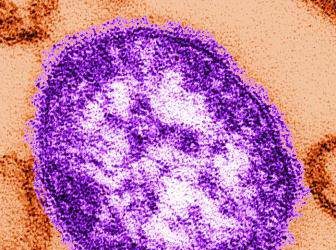The presence of parasomnias such as nightmares, night terrors, and sleepwalking in childhood may be an early indicator of later psychotic experiences, report Dr. A. Thompson and coauthors in the division of mental health and well-being at the University of Warwick, Coventry, England.
In a study of 4,720 children in the United Kingdom, patients were evaluated via interview for sleep disturbances at age 12, and again for psychotic experiences at age 18. The presence of nightmares at age 12 was significantly associated with psychosis at age 18 (odds ratio = 1.62; 95% confidence interval, 1.19-2.20), the investigators reported.
Although nightmares and night terrors may have little significance for later psychopathology in many patients, parasomnias in those with additional risks such as a family psychiatric history or a past trauma may “have greater significance and may also highlight other unnoticed psychopathology or trauma,” Dr. Thompson and colleagues said in the report.
“Further work is needed to understand the mechanisms and interplay of risk factors, especially the role of trauma, in the relationship between these sleep disturbances and psychotic experiences,” the authors concluded.
The investigators reported no conflicts of interest.
Read the full study in the British Journal of Psychiatry.



